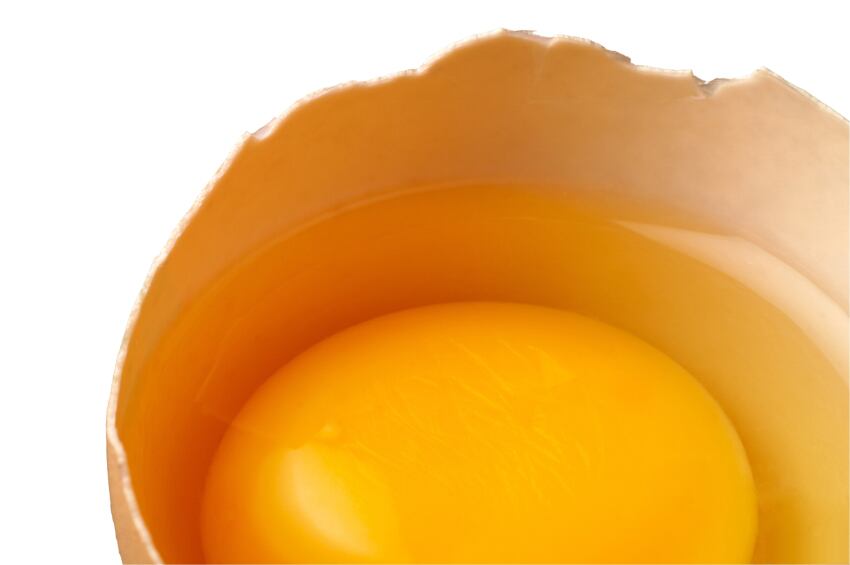The findings dispel the myth about eggs leading to an increased heart attack risk. According to the food-based dietary guidelines compiled by the World Health Organisation (WHO) for the European Region, 2-3 eggs per week have been acceptable for countries such as Germany, Greece and Spain.
Results from this study suggest that a high-cholesterol diet or frequent egg consumption do not increase the risk of cardiovascular diseases even in individuals genetically susceptible to a greater effect of dietary cholesterol on serum cholesterol levels.
Nutrition recommendations worldwide no longer set intake of dietary cholesterol. However, in carriers of the protein E type 4 allele (APOE4) - which effects cholesterol metabolism - the impact of dietary cholesterol on serum cholesterol levels is more significant.
Unique Finnish population

In Finland, where this study takes place, the frequency of the APOE4 allele, which is a hereditary variant, is high and around 33% of the population are carriers.
The study enrolled 1032 men aged 42–60 years old in 1984–1989 as part of the Kuopio Ischaemic Heart Disease Risk Factor Study, (KIHD). Dietary intakes were assessed with 4-day food records and these men had no baseline indications of cardiovascular disease.
During a follow-up of 21 years, 230 men had an incident of a heart attack and 32.5% of the study participants were carriers of APOE4.
These results were significant enough to suggest a high intake of dietary cholesterol was not linked to coronary heart disease within the study cohort and those who carried the APOE4 allele.
Critically, the actual consumption of eggs was not associated with a risk of coronary heart disease. The findings were also unable to prove a link between dietary cholesterol or egg consumption with arterial wall thickening.
The study mentioned that in the highest control group, the study participants had an average daily dietary cholesterol intake of 520mg consuming an average of one egg per day. Researchers were thus unable to generalise the findings beyond those conditions found in the study.
“There is little information on the association between cholesterol intake and the risk of coronary artery disease (CAD) among those with the ApoE4 phenotype,” the researchers said.
“In general populations, the effects of dietary cholesterol on blood cholesterol concentrations are modest. However, the relation is stronger in those with an ɛ4 allele in the APOE gene.”
More egg studies

A study conducted in 2007, found that consumption of 6 or more eggs per week (average of 1 egg or greater per day) did not increase the risk of stroke and ischemic stroke. However, the researchers believed the increased risk of coronary artery disease associated with higher egg consumption among diabetics warranted further investigations.
Likewise, a study of middle-aged Japanese men and women found that eating eggs more frequently, up to almost daily, was not associated with an increase in coronary heart disease incidence.
Individuals who do not have adequate control of their total and LDL cholesterol were recommended to limit their intake of egg yolks. The same was recommended for diabetics in the Nurses’ Health Study and Health Professionals Follow-up study. Here, heart disease risk was increased among men and women with diabetes who ate one or more eggs a day.
Source: American Journal of Clinical Nutrition
Published online ahead of print, http://dx.doi.org/10.3945/ajcn.115.122317
“Associations of egg and cholesterol intakes with carotid intima-media thickness and risk of incident coronary artery disease according to apolipoprotein E phenotype in men: the Kuopio Ischaemic Heart Disease Risk Factor Study.”
Authors: J. K. Virtanen, J. Mursu, H. E. Virtanen, M. Fogelholm, J. T. Salonen, T. T. Koskinen, S. Voutilainen, T.-P. Tuomainen.
